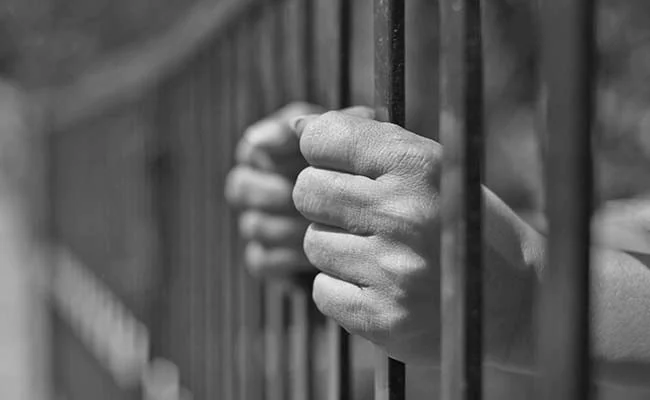The concept of a life sentence varies from country to country, and the length of time that a person may spend in prison for a life sentence can differ greatly depending on the jurisdiction. In this article, we will explore how long a life sentence is in prison and the differences between countries.
What is a Life Sentence?
A life sentence is a type of sentence that is used in many countries around the world to denote a sentence of imprisonment that will last for the rest of the person’s natural life. A life sentence is typically reserved for the most serious offenses, such as murder or treason.
How Long is a Life Sentence in Different Countries?
The length of a life sentence can vary greatly from country to country. In some countries, a life sentence may be imposed without the possibility of parole, meaning that the person will spend the rest of their natural life in prison. In other countries, a life sentence may be subject to review after a certain period of time, with the possibility of parole or release.
United Kingdom
In the United Kingdom, a life sentence is imposed for the most serious offenses, such as murder or high treason. The minimum term of imprisonment for a life sentence varies depending on the severity of the offense and the individual circumstances of the case. In some cases, a judge may impose a “whole life order,” which means that the person will spend the rest of their natural life in prison without the possibility of parole.
United States
In the United States, a life sentence is typically imposed for the most serious offenses, such as murder or treason. The length of a life sentence can vary depending on the jurisdiction and the individual circumstances of the case. In some states, a life sentence may be imposed without the possibility of parole, while in others, a person may be eligible for parole after a certain period of time.
Canada
In Canada, a life sentence is imposed for the most serious offenses, such as murder or high treason. The length of a life sentence can vary depending on the individual circumstances of the case, but a person may be eligible for parole after serving 25 years in prison.
Australia
In Australia, a life sentence is imposed for the most serious offenses, such as murder or treason. The length of a life sentence can vary depending on the individual circumstances of the case, but a person may be eligible for parole after serving a certain period of time, typically around 25 years.
The length of a life sentence in prison can vary greatly from country to country. While some countries impose a life sentence without the possibility of parole, others may allow for parole or release after a certain period of time. The length of a life sentence is typically reserved for the most serious offenses, such as murder or treason, and is intended to serve as a deterrent to others. By understanding the differences in how different countries impose and enforce life sentences, we can better understand the criminal justice system and how it works around the world.







